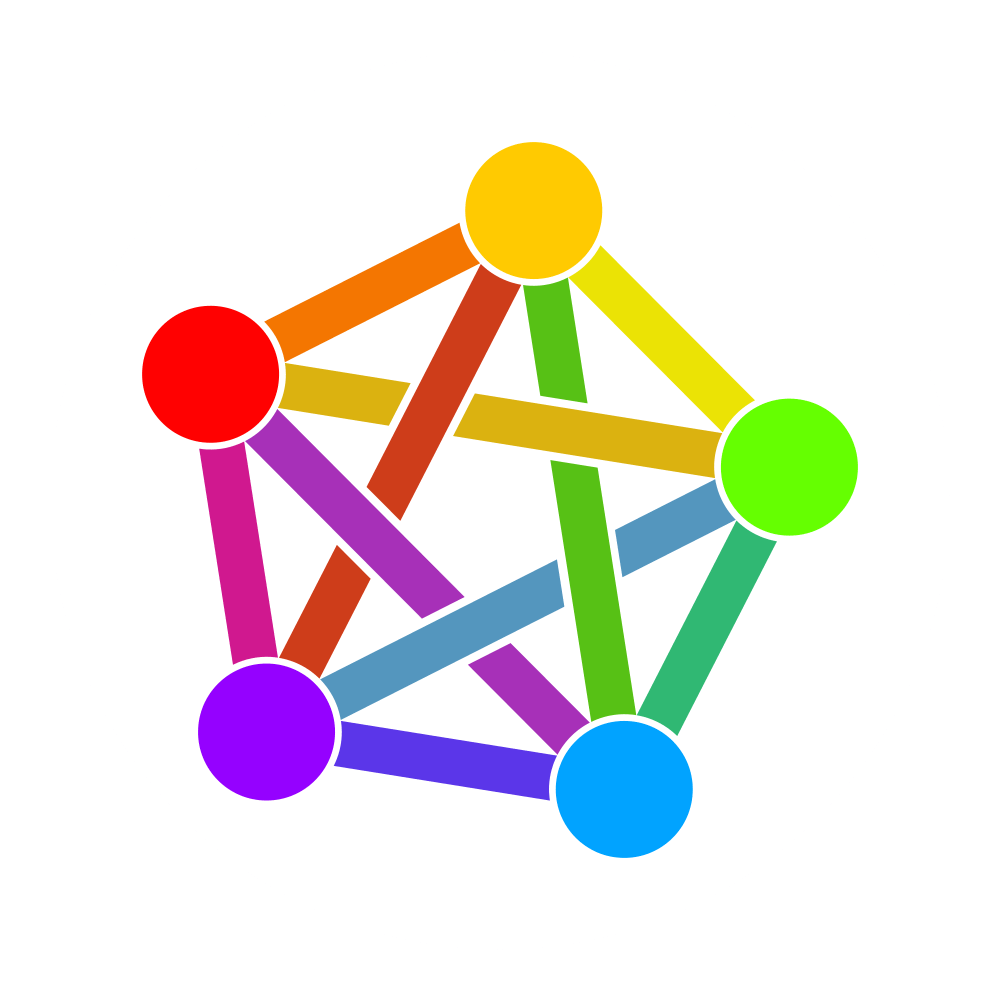
One of the big problems social and collaboration platforms is people go to where the people are, like Lemmings, with disregard to principles and ethics. I go to the ethical venues regardless of where the people are. Instead of feeding a harmful network effect, I would rather feed free and open spaces. If I were to contribute to MS Github, I would have to consider myself part of the problem.






There is a new law that allows merchants to stop giving paper receipts.
The forced use of e-receipts in Europe (France, Belgium, Netherlands, Denmark, England, & Italy)